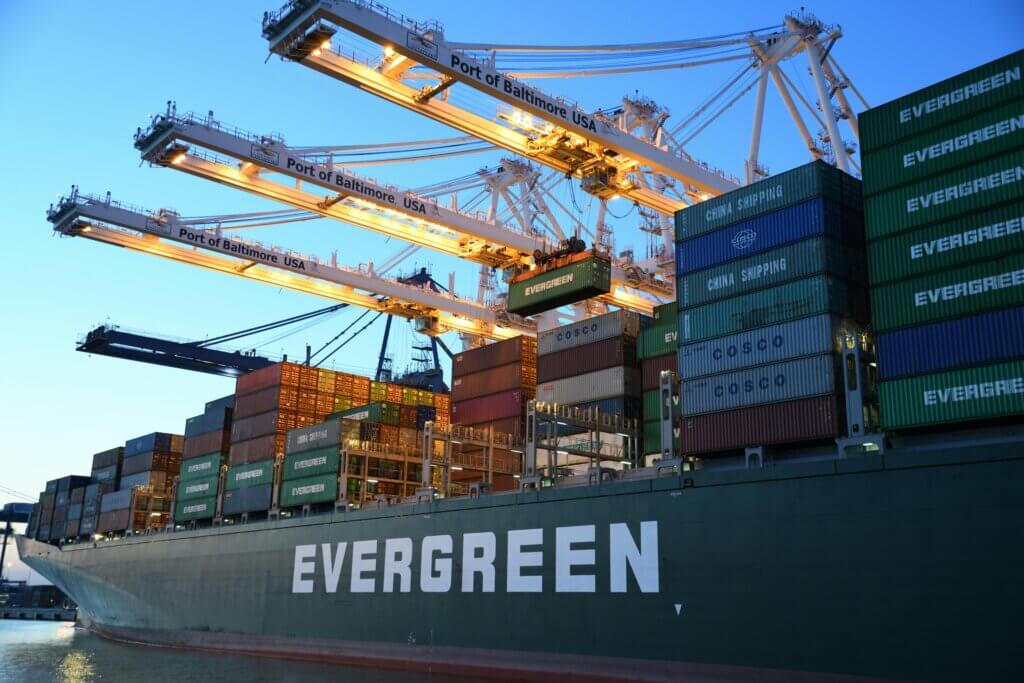Products are selected by our editors, we may earn commission from links on this page.

American shoppers are facing unexpected cancellations and delays as international shipments grind to a halt. From online marketplaces to small businesses, sellers worldwide are pausing or refusing to send goods to the U.S.
The cause lies in a mix of shipping disruptions, new trade restrictions, and changing policies that are reshaping the way goods move across borders. For consumers, the ripple effect means fewer options, longer waits, and in many cases, no delivery at all.
Global Shipping Pause Hits U.S. Bound Orders

According to the BBC, several postal services and couriers across Europe and Asia have temporarily suspended America-bound shipments. Logistics bottlenecks and regulatory pressures are leaving packages stuck at borders or canceled outright. For many U.S. shoppers, the first sign of trouble has been the dreaded cancellation notice instead of a shipping confirmation.
The Role of the De Minimis Rule

The NBC News report highlights the U.S. “de minimis” exemption, which allows imports valued under $800 to bypass duties and taxes. Recently, regulatory changes and tighter enforcement have confused foreign sellers. Some postal services have decided it’s safer to halt shipments altogether rather than risk penalties or rejected parcels.
Small Businesses Caught in the Crossfire

Independent sellers, especially those on platforms like Etsy, are feeling the pinch. With new costs and compliance issues, many are canceling U.S. orders to avoid financial losses. The Etsy Seller Handbook notes that merchants relying on international buyers face mounting frustrations as their products are returned or blocked from entering the U.S.
Consumer Frustration Mounts

For shoppers, the fallout is immediate. Handmade crafts, niche fashion finds, and specialty goods that once arrived seamlessly from abroad are now stuck in limbo. Social media is flooded with complaints from buyers whose orders never made it past customs. What was once a perk of global e-commerce now feels like an unreliable gamble.
Critics Point to Protectionist Policies

Economists argue that protectionist trade strategies are partly to blame. In Project Syndicate, former World Bank economist Anne O. Krueger stresses that U.S. policies aimed at shielding domestic industries often end up hurting consumers instead. By making it harder and costlier for small-value imports to enter, American shoppers lose access to affordable global goods.
Canada and Other Neighbors Affected Too

It’s not just overseas sellers that are impacted. Global News reports that Canadian businesses are also facing hurdles shipping small-value goods into the U.S. With trade so closely intertwined, these policy shifts threaten to strain cross-border commerce and frustrate companies that rely heavily on American customers.
Ripple Effects on U.S. Retailers

While the disruptions hit consumers directly, American retailers also feel the strain. Many resellers depend on importing low-cost goods from abroad to stock their stores. Shipment halts mean fewer products on shelves and higher prices, creating another inflationary pinch point in the economy.
What Shoppers Can Do Now

With uncertainty in the global shipping system, experts recommend U.S. shoppers look for domestic alternatives when possible. While it may mean paying more, buying from local businesses can ensure timely delivery. For international purchases, consumers should check retailer policies, expect longer delivery windows, and prepare for potential cancellations.
Consumers Left Holding the Bag

The sudden halt of shipments into the U.S. is reshaping global shopping habits in real time. Buyers who once relied on affordable, fast deliveries from abroad are now dealing with canceled orders and empty carts.
While policymakers defend tighter trade rules, the reality is that everyday consumers bear the cost. Until regulators and international partners strike a balance, global e-commerce will remain uncertain, and American shoppers will continue to feel the fallout.

